There have always been those on the European side who believe that for the EU project to succeed, Brexit must fail and must be seen to fail. So it is a problem that the first major act of Brexit Britain — going its own way to obtain and approve vaccines — appears to have been a success. For this reason, EU leaders must cast doubt on the achievement. As I sayin the magazine this week, look at how Clément Beaune, Macron’s Europe Minister, went out of his way to tweet out his criticisms of the UK approach. (To be fair, there is a Brexiteer version of this hostile sentiment. You can find those on the Tory backbenches who think that Britain’s success requires the EU’s failure.)
The sensitivity about the relative pace of the two immunisation programmes is such that when one British minister spoke to a European opposite number earlier this month about an exports issue, he was told that it would help matters if UK politicians stopped linking the speed of the vaccine programme to Brexit.
The EU is clearly within its rights to treat Britain as a ‘third country’. That is, after all, the reality of the new UK-EU relationship. But in some areas the EU is going beyond what is required by its own rules, making, for example, the export of bivalve molluscs such as oysters and mussels more difficult than it needs to be. One of those involved in discussions with the EU about this issue complains that ‘they’re going out of their way to make a point’, and that ‘their motivation is how do we prove that Brexit is a mistake’.
What the EU and the UK need to realise is that they will both be better off if the other succeeds. The UK is the EU’s third largest trading partner and a key contributor to European security. The EU is the UK’s largest export market. It makes no sense for either side to wish the other to fail.
The challenge for David Frost, who Boris Johnson has appointed to Cabinet and charged with managing this relationship, is to get out of the negotiations mindset. The divorce talks and the trade negotiations were always going to be tough and Frost thought, justifiably, that the UK particularly needed to stand its ground after the May years. But now the task is very different. The UK and the EU now need to find a way to forge a neighbourly relationship.
Got something to add? Join the discussion and comment below.
Get 10 issues for just $10
Subscribe to The Spectator Australia today for the next 10 magazine issues, plus full online access, for just $10.


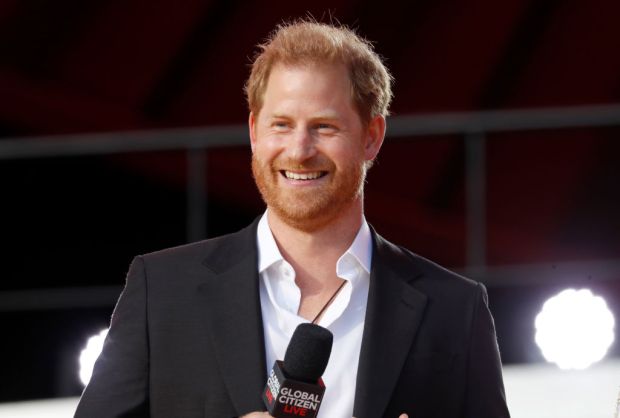

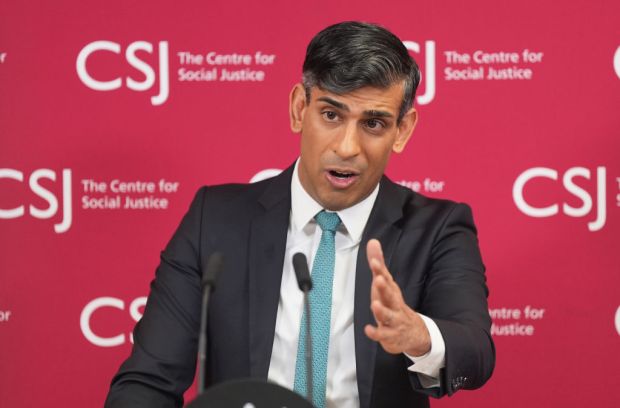
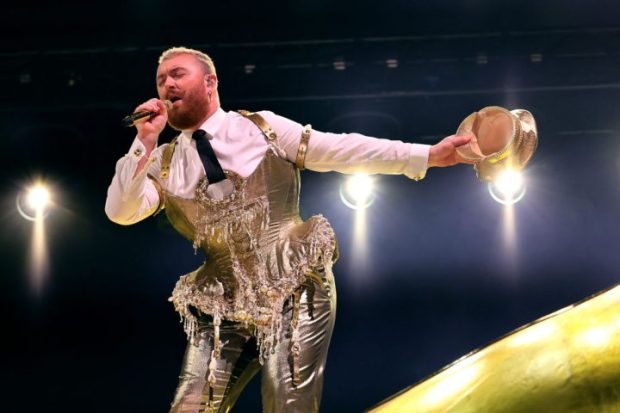
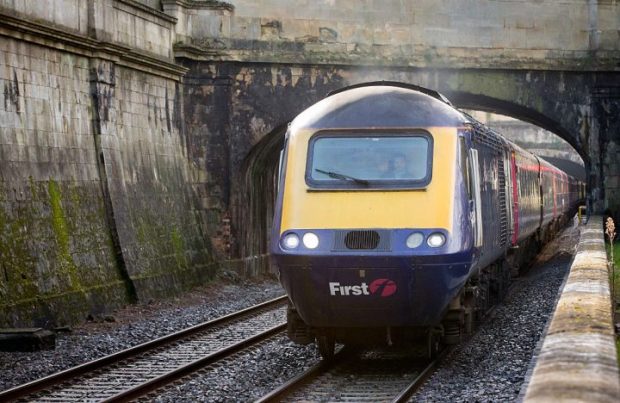
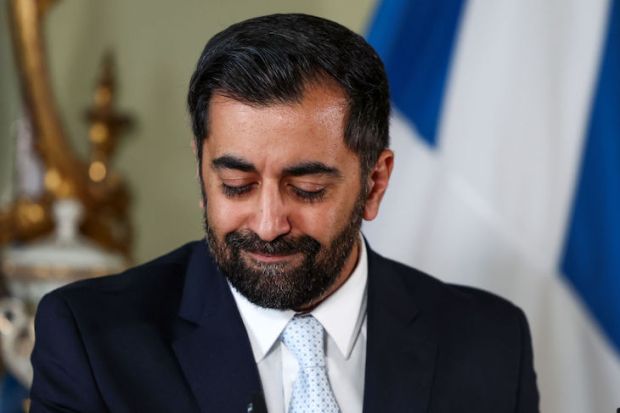












Comments
Don't miss out
Join the conversation with other Spectator Australia readers. Subscribe to leave a comment.
SUBSCRIBEAlready a subscriber? Log in